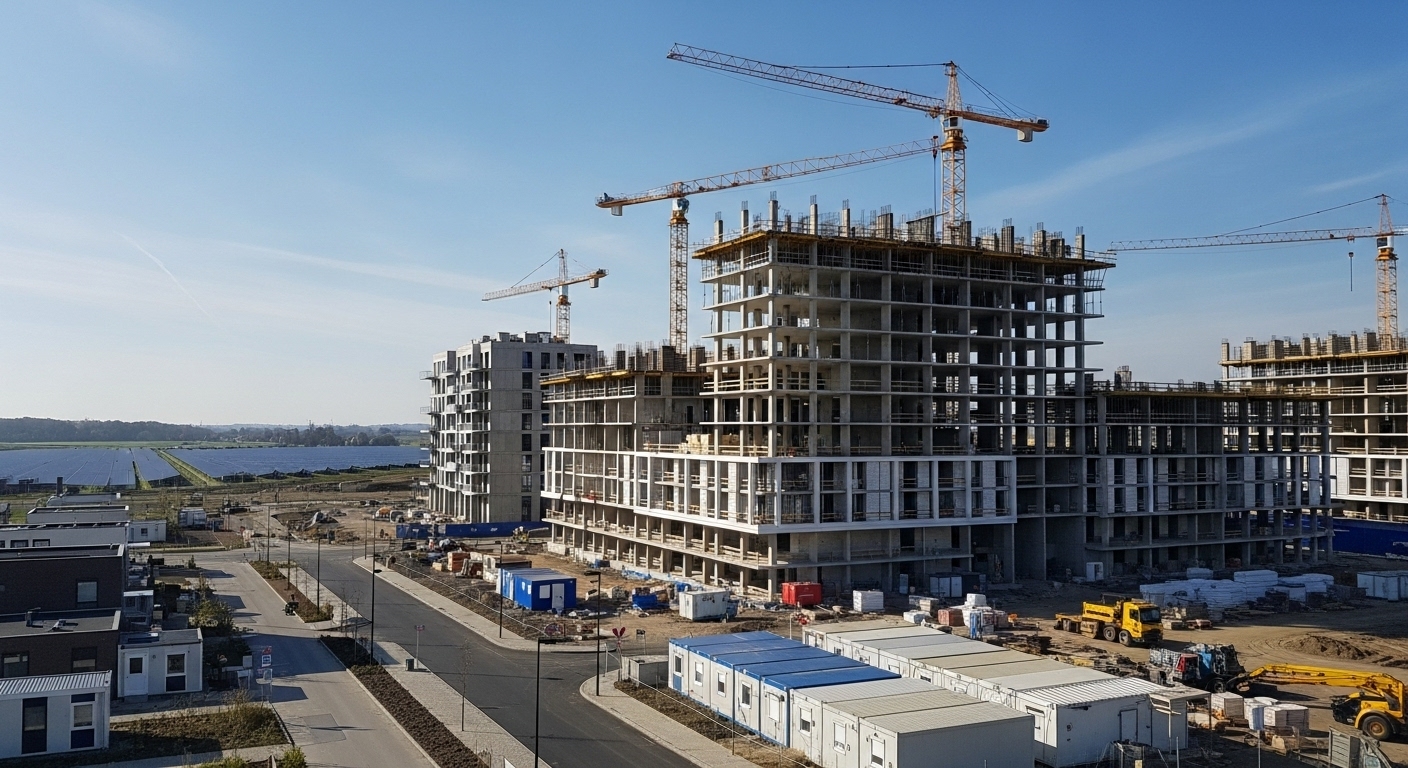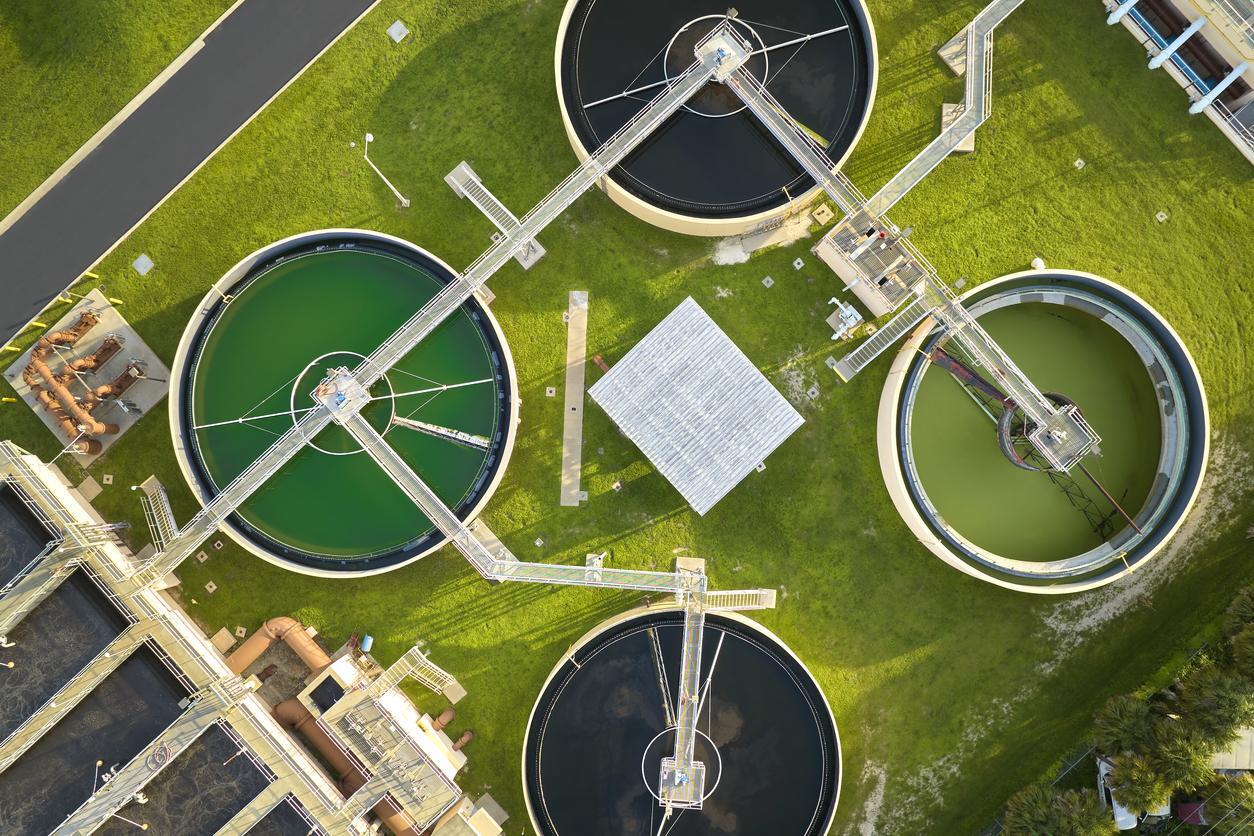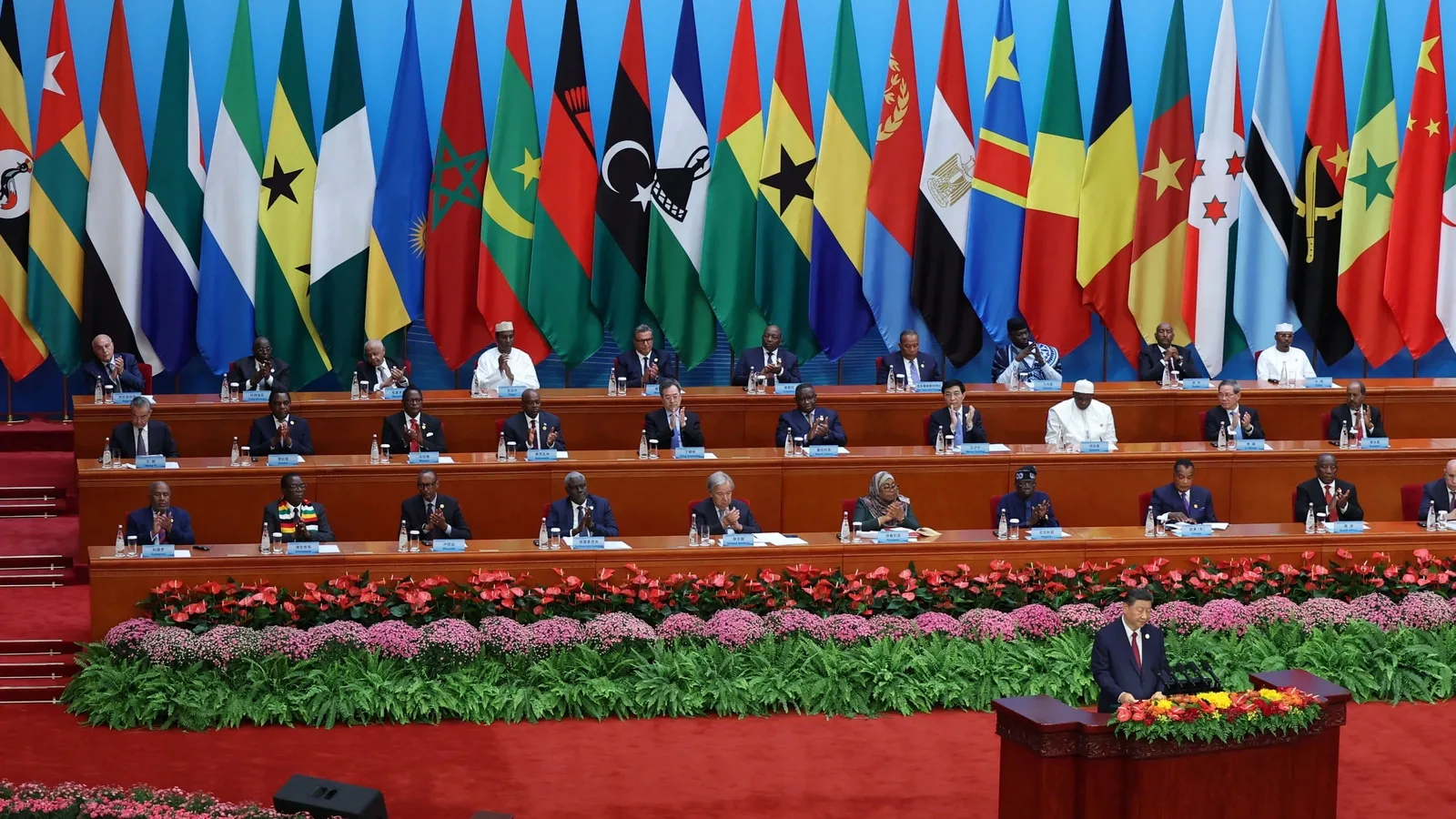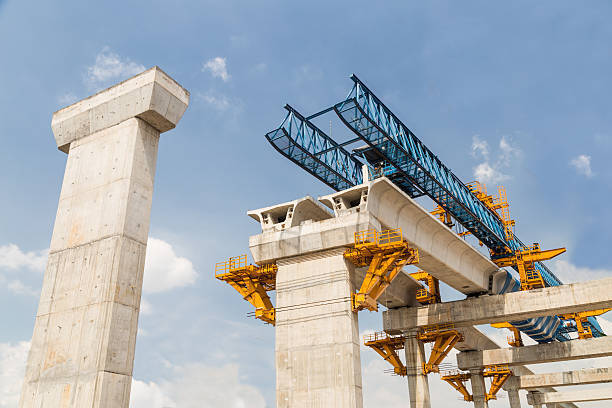The African Real Estate Society (AfRES) is driving a continental agenda for sustainable, inclusive urban growth, spotlighting urgent housing deficits and advocating for solutions powered by public-private cooperation and technology.
The Urgent Urban Shift in Africa
Africa's cities are swelling, with Nigeria alone facing a housing deficit exceeding 28 million units and annual funding needs above $21 billion.
The African Real Estate Society (AfRES) elevates this crisis, pointing to surging land values in cities like Lagos and new investor interest as signs of both challenge and promise.
Data, Technology and Market Trends
AfRES highlights that the real estate sector's dynamism is fuelled by rapid urbanisation, rising middle-class demand, and major infrastructure investments.
Yet, deficits in reliable data, high construction costs, and double-digit loan rates have locked millions out of homeownership.
Technology, especially artificial intelligence, is reshaping design and property sales while also presenting new risks if not locally controlled.
| Key Trend | Challenge/Opportunity | AfRES Position |
|---|---|---|
| Urban Population Growth | Housing, social equity, infrastructural strain | Promote inclusive planning |
| Technology in Real Estate | Efficiency, risk of dependence on foreign tools | Ensure local control |
| Investment Trends | Land values surging, foreign interest rising | Advocate for local regulation |
Vision for a Fair and Inclusive Urban Africa
AfRES envisions a future where public-private partnerships, accessible funding, and integrated policies solve the housing crisis.
Drawing from South Africa's mortgage system, they suggest affordable, flexible housing options for the emerging middle class, with policies that prevent investors from outpricing citizens.
This approach, they argue, unlocks economic growth and social dignity.
| Desired Outcome | Proposed Solution | Societal Benefit |
|---|---|---|
| Affordable Urban Housing | Subsidies, land grants, | Broader homeownership, |
| and single-digit loans | reduced inequality |
| Investment & Innovation | Locally led tech adoption | Economic growth, resilience |
| Data-Driven Policy | Reliable metrics | Smarter planning, equity |
Collective Drive for Urban Transformation
AfRES calls on policymakers to reduce regulatory bottlenecks, incentivise local innovation, and invest in critical infrastructure spanning transport, energy, and digital systems.
They urge international investors to commit to long-term, inclusive engagement, ensuring Africa's urban story is shaped by and for its people.
Infographic: Key Drivers of Urban Inclusion
| Driver | Stakeholders | Immediate Action Needed |
|---|---|---|
| Housing Finance | Banks, policymakers | Expand mortgage options |
| Tech Innovation | Local startups, global firms | Build local platforms |
| Regulatory Reform | Governments, realtors | Streamline approvals |
Path Forward
- Prioritise incentives, infrastructure, and transparent policy to bridge Africa's housing and urban equity gaps.
- Commit to collaboration, fostering a sustainable ecosystem led by robust data and inclusive finance, ensuring the continent's urban transition creates opportunity for all.
Culled from: https://punchng.com/afres-reinforces-drive-for-inclusive-urban-growth/













